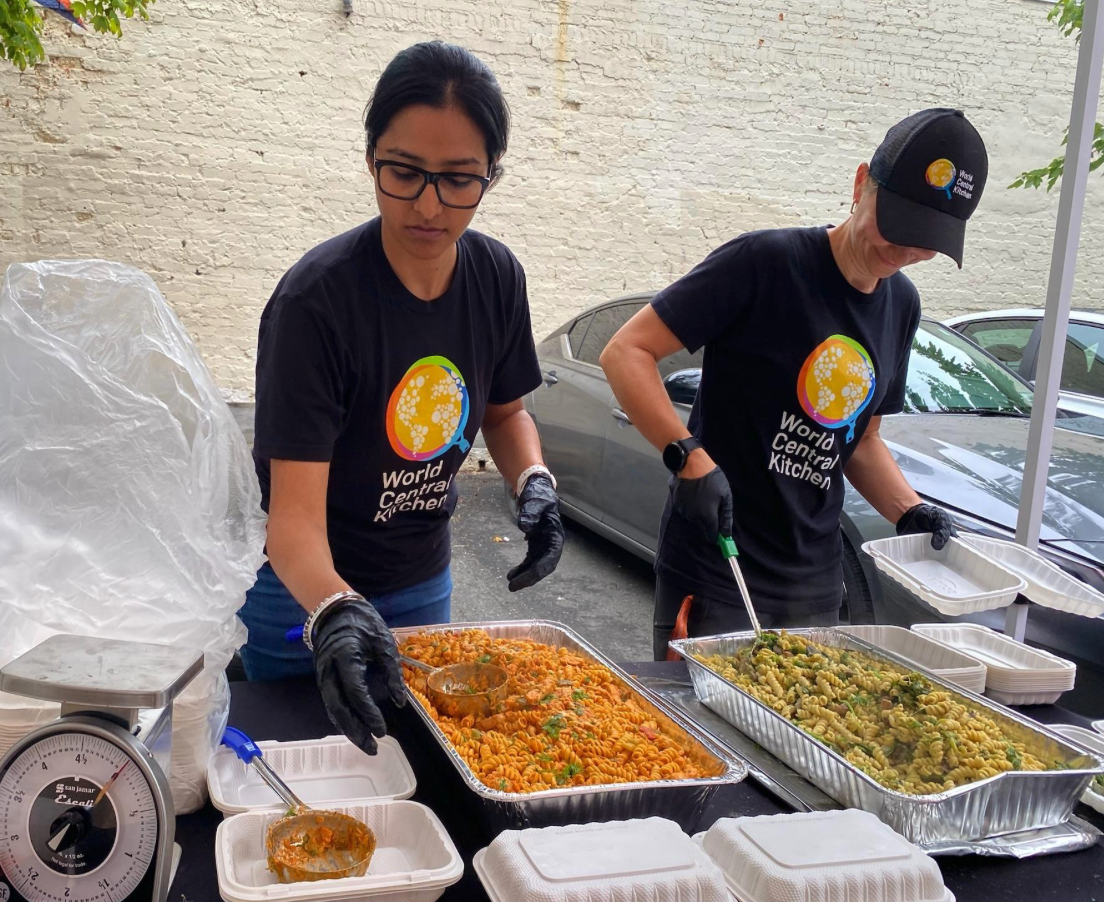I am pursuing a Master’s in International Affairs at the Elliott School of International Affairs, George Washington University. Alongside this, I am currently part of the inaugural cohort of the Humanitarian Internship Pilot Program (HIPP), which offered me the invaluable opportunity to serve as a Relief Intern at World Central Kitchen (WCK).
I come from Dalli Rajhara, a small town in the state of Chhattisgarh, India. While my childhood was like that of many others, I grew up hearing frequent discussions about “Naxalism”—a violent Maoist insurgency that plagued the region. News of atrocities, including the killings of civilians and prominent figures, kidnappings, and attacks on public infrastructure and development projects, instilled fear across the community. Some of the attacks occurred just 9–12 kilometers from my hometown, along routes that people had no choice but to travel. These experiences left a lasting impression on me.
Although I completed my undergraduate degree in Computer Science Engineering, which equipped me with skills relevant in today’s tech-driven world, my passion always lay in serving communities affected by violence and poverty. I was fortunate to begin this journey by working with a grassroots NGO, where I educated people in rural areas, spread awareness about government schemes, and trained them in basic skills to help them become self-reliant and less susceptible to being drawn into extremist groups.
These experiences eventually guided me toward the field of International Affairs, where I found a global platform to expand my impact—serving communities across borders, irrespective of race, religion, gender, or ethnicity.
My motivation to apply for the HIPP program stemmed both from my early work in conflict-affected rural India and from a course I took at GWU titled Humanitarian Governance and Policy. This course deeply influenced my understanding of the humanitarian sector—from its historical foundations and evolving policies to the ethical dilemmas and challenges faced by humanitarian actors. It heightened my awareness and reaffirmed my commitment to this field. HIPP arrived at a crucial time, when the humanitarian sector faces immense strain. The program rekindled optimism within the university and offered practical ways to contribute meaningfully to humanitarian efforts.
Being placed with World Central Kitchen was a privilege. My first day in the WCK warehouse was unforgettable—it was my first time in such a setting. I was immediately added to a new project and encouraged to bring fresh ideas to the table. As a Relief Intern, I was assigned to develop "Country Pages" on the Notion platform—a task rooted in logistical and contextual research. I focused on conflict dynamics in countries experiencing civil war, political unrest, or power struggles. These pages were designed to guide teams being deployed for activations, with a special emphasis on safety and security protocols.
In addition to research, I gained hands-on experience in warehouse operations, including loading and unloading pallets and learning to operate a forklift. I was amazed to see oversized paella pans and cooking equipment—small glimpses into the intense, on-the-ground work that humanitarian responders engage in to feed communities during crises.
My responsibilities also included database management in Notion and using Sortly to retrieve logistical data. WCK provided a welcoming and inclusive environment, allowing us to participate in cross-functional meetings with the procurement team, governance and growth division, IT department, and the community outreach team. These interactions gave me a holistic view of WCK’s mission and operations.
Beyond the internship, HIPP’s program structure emphasized professional development. The bi-weekly cohort meetings were thoughtfully curated and offered insights into workplace dynamics and humanitarian principles. Activities encouraged reflection and self-awareness, while journal entries provided space to track growth as emerging professionals. The unwavering support from the HIPP team enriched this journey and made the experience even more meaningful.
I feel honored to be part of the first cohort of the HIPP program. This experience has further cemented my commitment to serving vulnerable communities and strengthened my resolve to build a meaningful career in the humanitarian sector.


